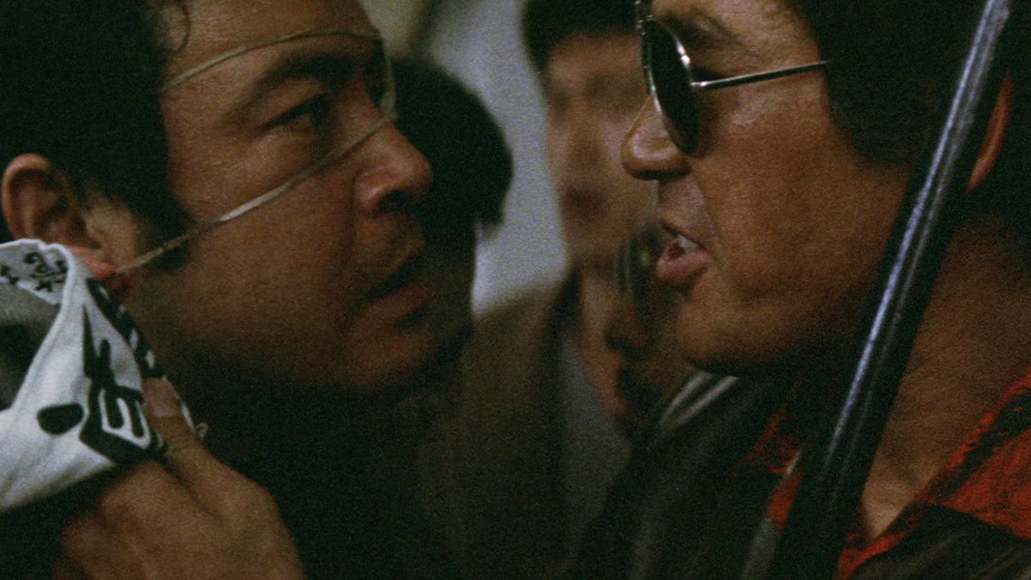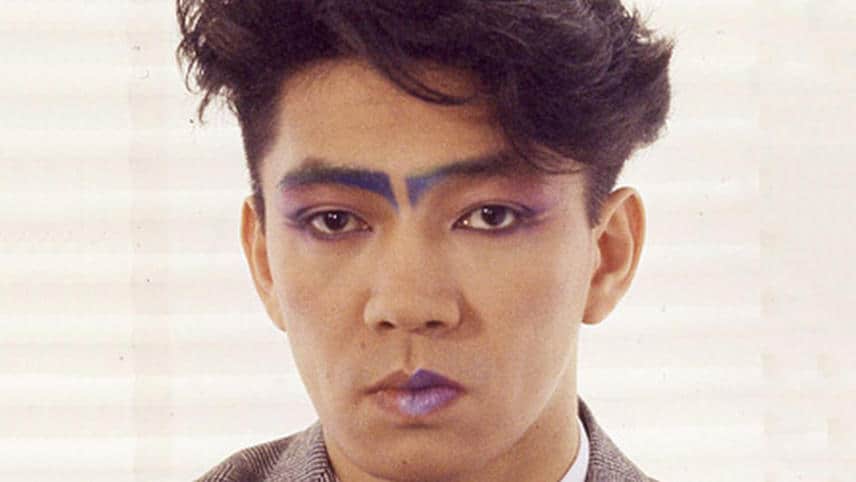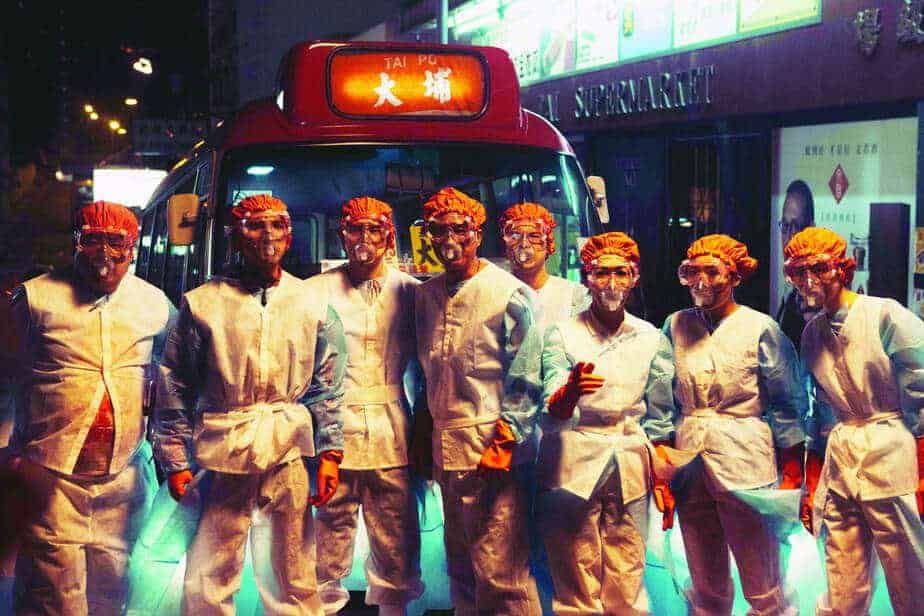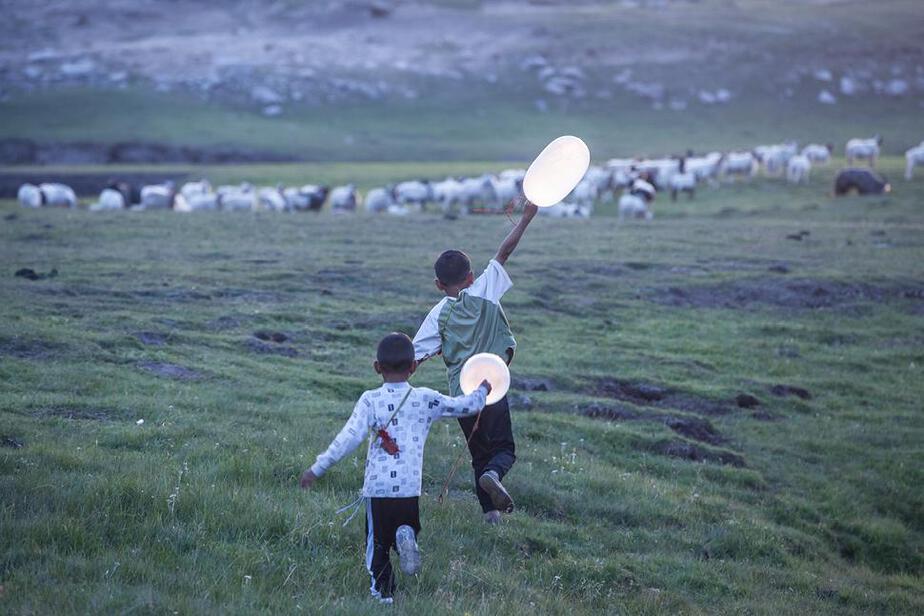“Kim Ji-young, Born 1982” is one of those films whose importance is much more significant than any kind of cinematic quality. Starting with Cho Nam-joo's homonymous novel the script is based on, which became a best seller, but also the target of much controversy, particularly for the pointy sincerity with which it addresses the status of women in Korean society, which, despite some improvements here and there, remains largely male-dominated. Both commercial success and the outcry from anti-feminist groups resurfaced after the release of the movie, which eventually became one of the most successful titles of the year in Korea and internationally, following the path of the book.
“Kim ji-young, Born 1982” screened at Udine Far East Film Festival 2020

The story revolves around the homonymous character, who has resigned from the job he liked, to help raise hers and her husband's, Jung Dae-hyun, daughter. However, she suffers from depression and after her 30th birthday, she starts exhibiting schizophrenic tendencies, occasionally acting as if she was her mother or her grandmother. Dae-hyun cares for her sincerely but is unable to help, bound by societal “rules” as dictated by both their families, but even when he does, the problems persists, since she does not seem to acknowledge her situation in any way. Through flashbacks from her childhood to her marriage, we also learn about the roots of Ji-young's current ailment.
Using cinematic simplicity to address serious comments-accusations is a rather difficult endeavor, but this is exactly what Kim Do-young has achieved here, by focusing on a story that highlights as many difficulties women faced and continue to face in Korean society as possible. The fact that Ji-young acts occasionally as her mother or her grandmother is a great “trick”, that allows the director to show both the roots and the timeless nature of these issues. In that fashion, the narrative highlights the way families consider their female children of “secondary” importance, as we watch Ji-young and her sister actually treated as individuals who are obliged to “serve” their younger brother. Their mother actually struggles for the opposite, but tradition, her husband, and the rest of the family deem any effort at change futile, although the story actually highlights that her actions did have some impact. The scene where Ji-young is scared to death by another boy her age who chases after her and the attitude of her father afterwards is probably where this comment finds its apogee.
As a young woman, Ji-young also has to face a similar attitude from the same people, with her father actually suggesting that she should stay at home and be a housewife instead of going to work. In the work environment, apart from the coated-in-humor but actually chauvinistic “jokes”, she has to face prejudice for her gender, and later, the concept of the working mother, which in Korean society, does not seem to work at all. Snubbed workshops on sexual harassment complete the portrait of the way the corporate world treats women
Her husband's family adds another drop to a glass almost completely full, since, particularly her mother-in-law considers that Ji-young's situation, of having to abandon her dreams to serve her husband and her child is something normal. The same also applies to the way the couple were forced both to marry and have a child, not on their own volition, but due to their families' pressure.
However, Kim Do-young does not exactly accuse individuals, but instead the system, the tradition, and a society that has gotten used to this treatment of women and is too conservative to make a significant change. This aspect is highlighted by the fact that even the “villains” of the film occasionally show another, much more caring face, even if the events have to “hit them in the face” first.
Furthermore, the movie also functions as the psychological portrait of a woman who desperately tries to find a same-sex mentor/exemplar to follow and to find hope that her life can actually change, with various women (her mother, her sister and her ex-boss) taking the part on occasion. When she cannot find one, she transforms herself to one, which seems to be the reason she has schizophrenic tendencies.
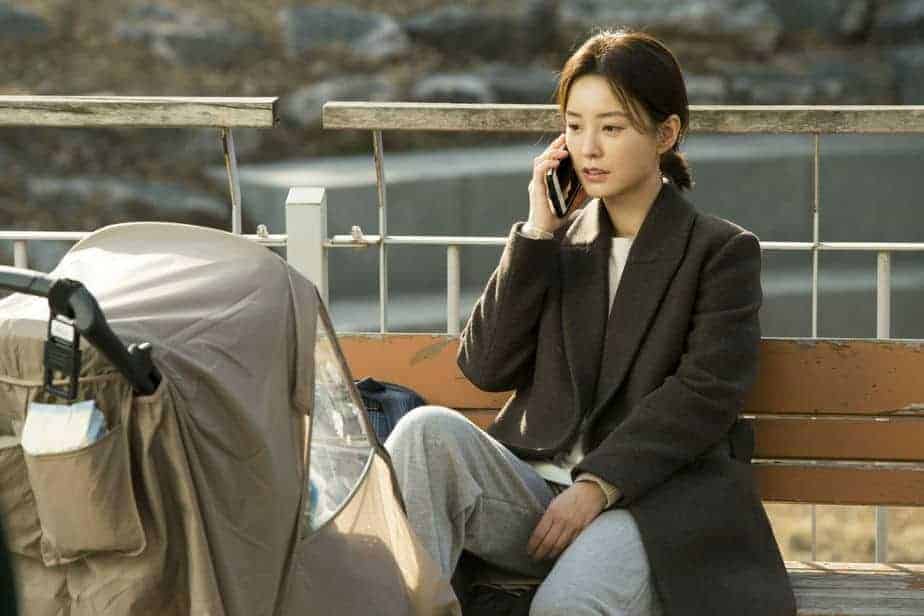
Due to the nature of the narrative, the titular role is of utter importance and Jung Yoo-mi gives a stunning performance as a rather multi-leveled character that suffers in a number of ways but does not have the tools to react, thus succumbing into timidity and eventually, paranoia. Jung portrays her inner struggle in an excellent fashion, being natural and realistic, in a role that could easily become excessive, and subsequently, turn the movie into a melodrama. The fact that this is avoided completely is due to both her performance and the rather measured direction. Gong You as her husband has an unremarkable role, mostly trying to find what he should do without angering anyone, but he also makes a good job in portraying his character, mainly reacting to Jung's acting.
Technically, as mentioned before, the film is rather minimal with both Lee Sung-jae's relatively polished cinematography and Shin Min-gyung's mid-tempo editing existing mostly to serve the story, a tactic that, considering the impact of the narrative, is not negative at all.
“Kim Ji-young, Born 1982”, despite personal opinion, is a film that everyone should watch, particularly due to the social comments it makes and the way Kim Do-young and Jung Yoo-mi present them.


